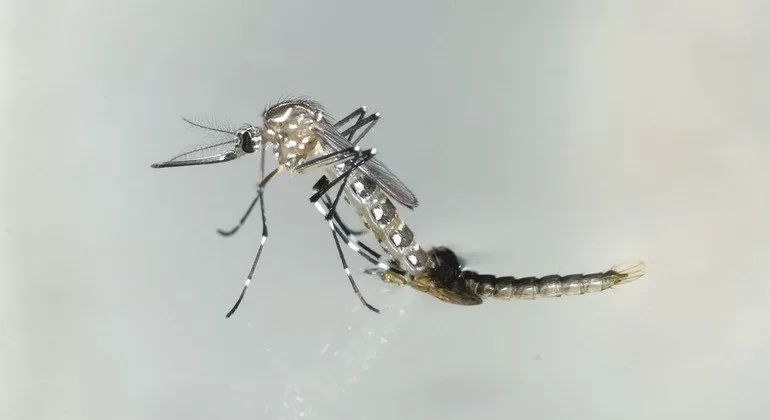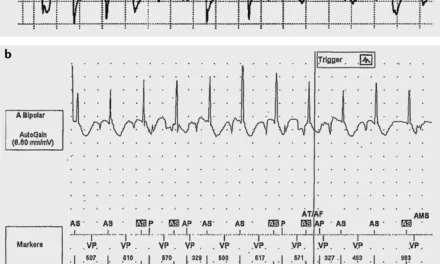São Paulo, Brazil – The reemergence of dengue virus serotype 3 (DENV-3) in Brazil after 17 years could exacerbate fresh outbreaks of the disease, as the population lacks immunity against this serotype. Meanwhile, serotypes 1 and 2 (DENV-1 and DENV-2) continue to circulate, increasing the risk of severe cases.
A study published in the Journal of Clinical Virology by researchers at the São José do Rio Preto Medical School (FAMERP) in São Paulo highlights the potential public health threat posed by DENV-3. The last major epidemic of this serotype occurred in 2007, and its return in 2024 has raised concerns about more severe outbreaks.
Potential for Severe Epidemics
Maurício Lacerda Nogueira, a professor at FAMERP and the study’s lead author, warned that co-circulation of DENV-1, DENV-2, and now DENV-3 could lead to severe epidemics. “If DENV-3 establishes itself again and persists alongside other serotypes, we could see an increase in severe dengue cases. This is precisely the situation we’re experiencing right now in São José do Rio Preto,” Nogueira told Agência FAPESP.
For two decades, Nogueira and his colleagues have conducted genomic and epidemiological surveillance of dengue and other insect-borne viruses (arboviruses) in São José do Rio Preto, a city with warm, wet weather ideal for mosquito breeding.
Since late 2023, active surveillance has documented a rise in DENV-3 cases among patients treated at Hospital de Base and public health clinics (UPAs). From November 2023 to November 2024, 31 blood samples tested positive for DENV-3, with common symptoms including muscle pain, headache, and fever.
“In mid-2024, DENV-1 nearly disappeared, and DENV-2 became dominant. However, the number of DENV-3 cases started rising, and it is now the primary circulating serotype in the city,” Nogueira noted.
Surveillance and Genomic Analysis
The researchers sequenced viral genomes from patient samples, revealing that the current DENV-3 strain belongs to the same lineage as those identified in Florida and the Caribbean. This suggests that outbreaks in those regions between 2022 and 2024 likely contributed to the virus’s introduction and spread in Brazil.
“This demonstrates the importance of molecular and genomic surveillance in monitoring dengue transmission and preparing for outbreaks,” Nogueira emphasized.
Dengue transmission has expanded in recent decades due to climate change and the increasing range of Aedes aegypti, the mosquito vector. Brazil remains the most affected country in the Americas, consistently experiencing dengue outbreaks. While DENV-3 was nearly absent in Brazil between 2010 and 2022, its resurgence has been swift, with reported cases rising from 106 in 2023 to 1,008 in 2024.
“Dengue epidemics follow a pattern similar to COVID-19. When a new serotype emerges, it evades population immunity, leading to an outbreak. We are now witnessing this with DENV-3,” Nogueira explained.












